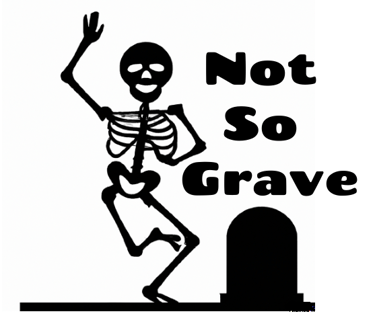Memories and Messages


What You Leave Behind Matters More Than You Think
When people think about preparing for death, they often go straight to the paperwork: wills, insurance, bank accounts. All important, but when all’s said and done, it’s not the legal stuff your loved ones will hold onto most. It’s the memories. The moments. The messages.
This part of planning isn’t about money, it’s about meaning. It’s about making sure the stories, lessons, and little things that made you you don’t fade when you’re gone.
And the good news? It’s easier (and more powerful) than you think.
Preserve Your Memories Before They Slip Away
Our lives are full of precious, personal history - most of it hiding in boxes, drawers, or fading memories. But it’s not too late to capture it.
Start with What You Already Have:
Dig out old letters, photos, postcards, or keepsakes. Even old receipts or handwritten notes can tell a story.
Don’t forget meaningful documents: marriage certificates, birth certificates, or even your parents' or grandparents’ records. They might be just as meaningful to your children or grandchildren as they were to you.
Digitalise What You Can:
Scan photos and important documents.
Save them to a USB, external hard drive, or cloud folder.
Label everything clearly: names, places, years. You might know who’s in that 1976 beach photo, but others won’t.
Keep Treasured Objects Close:
Whether it’s a war medal, a christening spoon, a holiday postcard or a badge from your first job. Preserve it.
Add a small note explaining what it is and why it mattered. That turns an object into a story.
This isn’t about creating a museum. It’s about passing down meaning in a way your loved ones can revisit, reflect on, and cherish.
Record a Video (Yes, Even If You Hate Cameras)
You don’t have to be Spielberg. A short, heartfelt video of you speaking to your loved ones directly can be one of the most powerful gifts you leave behind.
Say what matters:
Share memories, tell stories, give advice, or just say “I love you” in your own voice.Talk to the future:
Record birthday messages for a child or grandchild, mark future milestones, or offer comfort when they’ll need it most.Be yourself:
Your quirks, humour, and mannerisms are part of your legacy. Seeing and hearing you again - exactly as you were- is something no document can match.
Don’t worry about being polished or perfect. It’s not for YouTube. It’s for your people.
Create an Ethical Will: Share the Wisdom, Not Just the Wealth
An ethical will isn’t a legal document, it’s a deeply personal one. Think of it as a legacy letter. Something you write from the heart, to the people you love, about the things that truly matter. This is a perfect foil to the Letter of Wishes (which deals more with what you want to happen, and/or gives more details to the will).
It can include:
Life lessons you’ve learned (the hard way or otherwise)
Your values, beliefs, or principles
Regrets and what they taught you
Hopes and wishes for the future
Stories about your family or heritage
Messages of love, gratitude, or reconciliation
This isn’t just a letter. It’s a powerful way to give your family emotional grounding, shared history, and a compass for the future.
Write it by hand, type it out, or record it as a video. However you do it, it’s one of the most meaningful legacies you can leave.
Little Messages Go a Long Way
Your loved ones don’t need grand gestures; they need you. A note tucked into a book. A postcard saved for a special birthday. A voice note recorded when the moment feels right.
These are the gifts that become priceless.
If you're thinking of doing something simple but impactful:
Leave birthday letters for future years
Write cards for major milestones (weddings, graduations, new jobs)
Tuck a note into a keepsake or box with a message they’ll find when they need it most
Final Thought: This Is What They'll Hold Onto
Your legacy isn’t just your money or your estate. It’s your laugh, your stories, your silly jokes and hard-earned wisdom. It’s the time you made someone feel loved. It’s the message you leave behind when you can no longer say it in person.
Preserving memories and sharing messages doesn’t take much, but the impact lasts for generations.
Start today, in small ways. Because when you’re gone, it’s these little things that your loved ones will reach for—and treasure.
